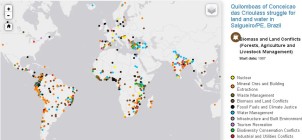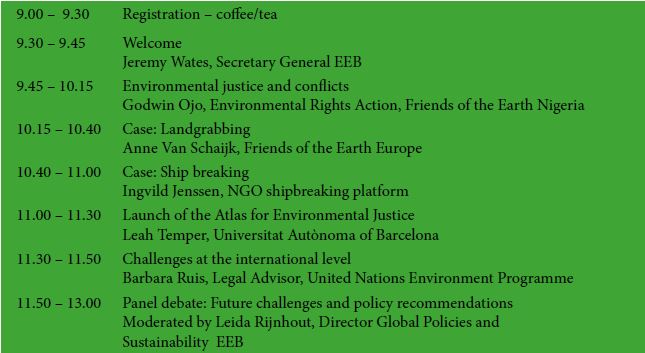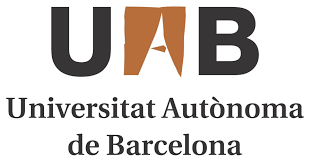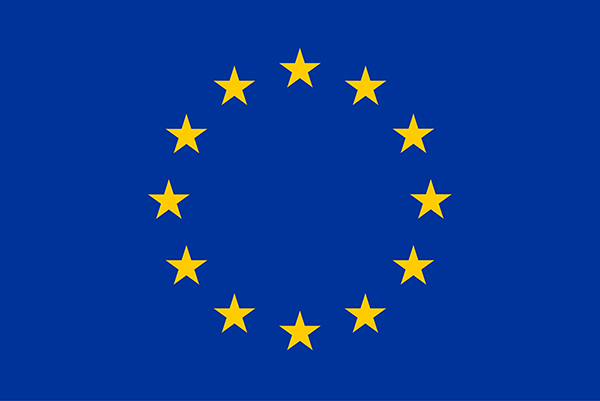
Save the date for an environmental justice conference & debate in Brussels where EJOLT will launch the Atlas of Environmental Justice, on 19 March.
CLICK HERE to make your registration
As global consumption of resources increases exponentially, the search for energy and materials cause the “commodity frontiers” to expand. Along the entire global chain of production – from extraction, to processing, to disposal – the fast increasing impacts are most often distributed highly unequally among populations. Those most heavily impacted are usually the already most marginalized sectors of the world population, who usually depend much more on local natural resources for their livelihood. A new atlas of environmental justice based on a databank of almost 1000 cases (and growing) of ecological conflicts – illustrates the fast spreading turmoil.
In high demand countries like China, the EU and the USA we still see raising per capita consumption of raw materials.
- Between 1970 and 2004, the global extraction of major metals grew by over 75 percent, industrial minerals by 53 percent, and construction materials by 106 percent.[2]
- In 2012, an average of 89 million barrels of oil were consumed every day, 30 percent more than in 1992, producing 14.11 billion tonnes of carbon emissions[3].
- Industrial tree plantations (ITPs) occupied 15 million hectares around 1990 but 60+ million hectares in 2010[4].
The Environmental Justice Organisations, Liabilities and Trade project (EJOLT) is working with over 40 organisations worldwide to map, support and bring visibility to local groups that are confronted with environmental conflicts.
The objective of the event is to bring attention to the increasing number of environmental conflicts in the world. More scarcity of resources, more aggressive ways of exploitation and practices like land grabbing are affecting local communities worldwide. Every week one activist is killed fighting for environmental justice and defending human rights. At the same time, overconsumption in Europe is fuelling this aggressive expansion of the commodity frontiers. If Europe takes this seriously, then an urgent shift towards more sustainable lifestyles needs to be promoted – for example in the Post 2015 SD Agenda. Europe has a key role to play in implementing new policies to encourage sustainable production and consumption models and to ensure our ecological debt is decreasing and not increasing, as is the actual trend.
During this event, we plan to launch the new Atlas of Environmental Justice as part of the EJOLT project. This map will serve as a database. It aims to cover ecological distribution conflicts around the world and it will serve as communication tool among EJOs and scientists working on related issues. It will also help to better understand what the determinants of these conflicts are, who the main actors are and bring attention to the struggles for justice.
Audience: We like to invite a broad audience of policy-makers, researchers and scientists, Think-tanks, journalists, civil society organisations and environmental activists.
19th March 2014 in the UNEP Liaison office to the EU institutions (Brussels)
Program (9-13h):
CLICK HERE to make your registration
To stay informed – sign in for the newsletter
[2]Source EJOLT policy brief: http://www.envjustice.org/wp-content/uploads/2012/11/Mining_policy_briefing.pdf
[3]Source EJOLT policy brief: http://www.envjustice.org/wp-content/uploads/2013/10/131007_PB6_Oil-corporations-liabilities1.pdf
[4]Source EJOLT policy brief: http://www.envjustice.org/wp-content/uploads/2012/09/001_Tree-plantations.pdf






Je suis intéressé